How Sustainable is Our Global Climate Ethos from Security & Sustainability Forum on Vimeo.
6/8/2017
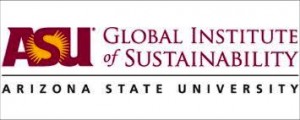
Building on decades of work across the globe by the public and private sectors, has a shared global climate ethos — a sense of collective commitment and common purpose — reached a tipping point?
- Are the Paris Agreement and the growing number of cities adopting carbon-based energy goals evidence of that? How durable are these actions?
- Is a sense of common purpose sustainable without US federal government coordination and leadership? What roles do sub-national and municipal governments play?
- How can business, security, religious, and civil society actors continue and even accelerate efforts to reduce emissions? Can they work together to avoid the worst climate impacts?
- Is the global commitment to climate solutions shallow or deep?
- How can moral, scientific and political imperatives find common ground?
- Does the global climate ethos include extracting, storing and reusing carbon already in the atmosphere?
- Where do opportunities for collaborative innovation exist?
Watch Arizona State University and global governance, business, science, policy and faith leaders in a 90 minute webinar to explore the depth and breadth of a global climate ethos and the direction of plausible, innovative climate action emerging across sectors and among global societies.
This webinar convened leaders in a public conversation that touched on these critical questions and that can inspire local conversations and ideas to advance cross-sectoral collaborations.
Panelists:
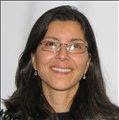
Elisabeth Graffy will moderate the webinar. Elisa is Professor of Practice in the School for the Future of Innovation in Society and in the Consortium for Science, Policy and Outcomes ) at Arizona State University. She co-directs the Energy and Society program within ASU-LightWorks and co-leads the Environmental Humanities Initiative in the Global Institute of Sustainability (GIOS). She founded and directs the Spirituality and Sustainability Initiative and the Household Independent Power Project, as well as the Center for Energy and Society
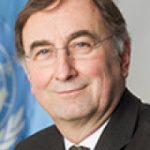
Janos Pasztor is Carnegie Council senior fellow and executive director of the Carnegie Climate Geoengineering Governance Initiative (C2G2). He has over 35 years of work experience in the areas of energy, environment, climate change, and sustainable development. Before taking up his current assignment he was UN assistant secretary-general (SG) for climate change in New York under Secretary-General Ban Ki-moon. Earlier, he was acting executive director for conservation (2014) and policy and science director (2012-2014) at WWF International. He directed the UNSG’s Climate Change Support Team (2008-2010) and later was executive secretary of the UNSG’s High-level Panel on Global Sustainability (2010-2012), among many other leadership roles.
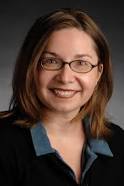
Katharine Hayhoe is a professor in the Department of Political Science and Director of the Climate Science Center at Texas Tech University, part of the Department of Interior’s South-Central Climate Science Center and founder and CEO of ATMOS Research. Katharine’s research focuses on establishing a scientific basis for assessing the regional to local-scale impacts of climate change on human systems and the natural environment.
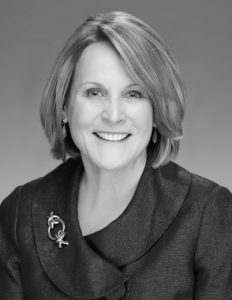
Alice C. Hill is a Research Fellow at the Hoover Institution where her work focuses on building resilience to destabilizing catastrophic events, including the impacts of climate change. Prior to joining Hoover, she served as Special Assistant to the President and Senior Director for Resilience Policy for the National Security Council. While at the White House, Alice led the development of national policy regarding national security and climate change, incorporation of climate resilience considerations into international development, Federal efforts in the Arctic, building national capabilities for long-term drought resilience, and establishment of national risk management standards for three of the most damaging natural hazards.
This webinar seeks to inspire local conversations and ideas to advance cross-sectoral collaborations.
We’ll also share resources to support a climate ethos dialogue in your community.
